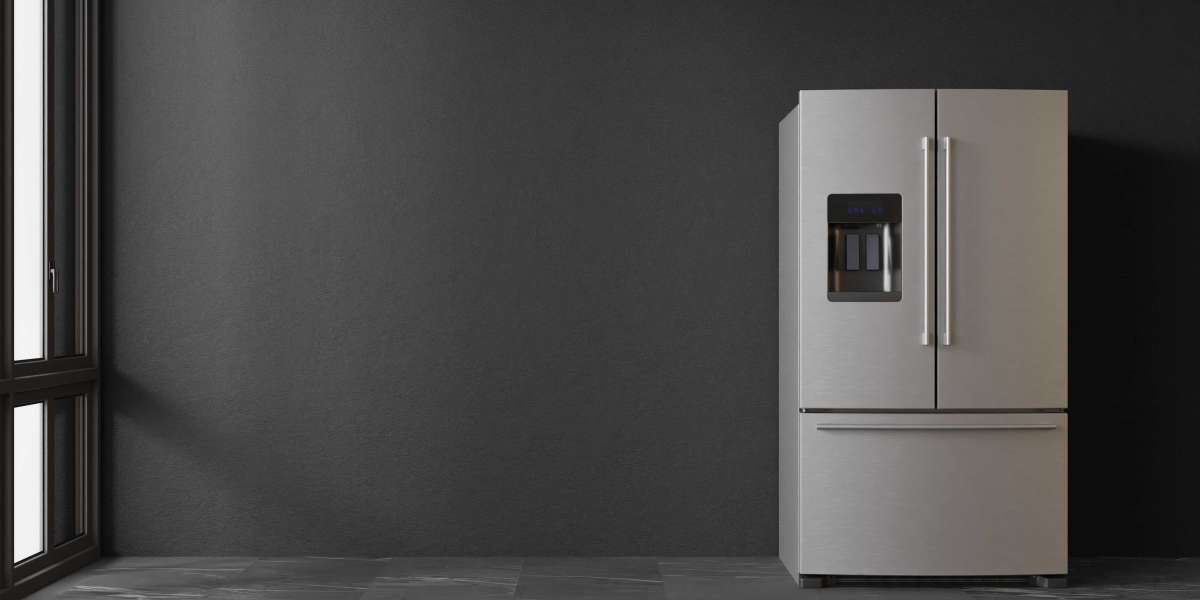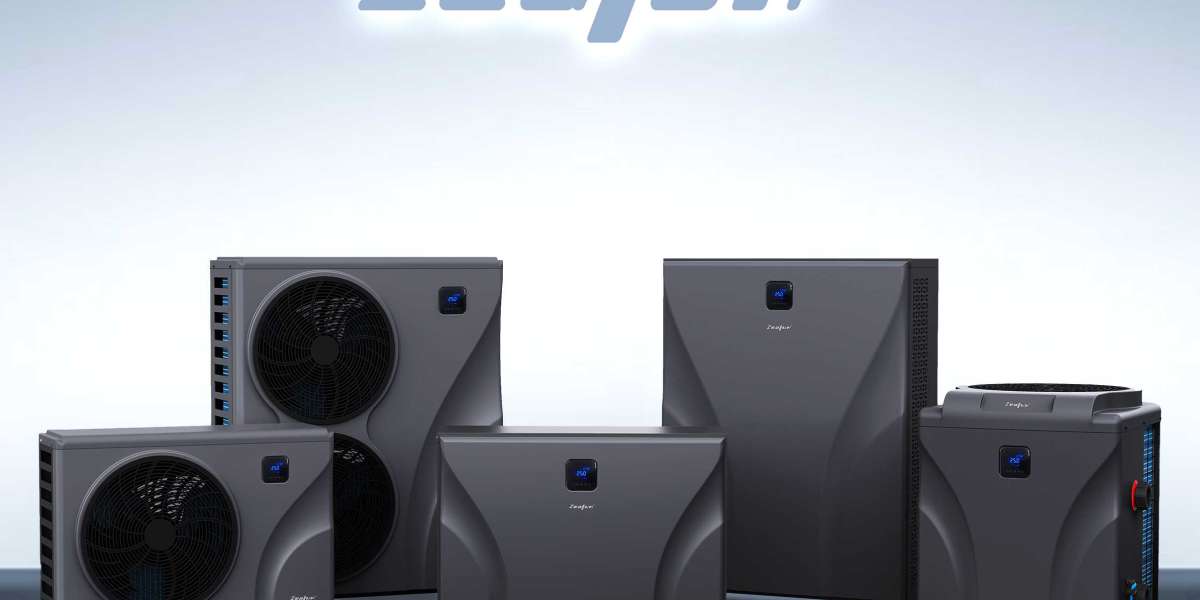How to Keep Your Fridge Running Smoothly
Fridges are available in many different sizes and shapes. They can be a perfect fit in small spaces, such as dorms.
Some models can be used with smart devices. They'll let you monitor your fridge remotely and help you fix any issues that might arise. You can also make use of voice commands to control them.
Noise
best Fridges (https://www.frydge.uk) make a wide range of noises when they are in operation. Certain noises are more prominent than others. If you hear any of the noises below identify the source and look for a fix before calling a repair company for your fridge.
Rattling
The sound of a refrigerator rattling could be caused by there's not enough space between the fridge and the wall or cabinet, or when it's placed at an uneven angle. It's easy to repair - all you need to do is make sure there's at least a couple of inches of space between the sides, and adjust the legs of your fridge or leveling screws to raise or lower it accordingly.
Hissing
The compressor can make a noise when cooling your food. This is a normal sound, and it is caused by the compressor's oil or the flow of refrigerant that is flowing through the system. If you're worried, count how often the compressor is running and contact a refrigerator repair service immediately if it does so more frequently than normal.
Squeaking
Refrigerators can be noisy if their coils or fans are dirty. If you notice that your fridge is making noises clean the coils or fan using a vacuum using a brush attachment, water and a rag, or just use dish soap and water. It's important to do this twice a year, or more often when your fridge is old or used heavily.
Clicking
Frigs can also produce a clicking sound, which is generally caused by ice accumulation around the freezer fan. This issue can be fixed with a manual defrost, but is likely to occur again unless the issue is addressed by a service expert.
The clicking can also occur when the fridge is turned off, so make sure to switch it back on in the event that this happens. The sound could also be caused by the ice maker if there is one installed to your fridge, so be sure to make sure that it's switched off when you aren't using continuous ice.
The hum of your refrigerator is normal, and it may be louder at certain times of the day, or following large quantities of stock or freezing processes. The refrigerator is working harder to keep your food cool, which means it is working faster. This isn't an indication of any issue.
Dust
Household dust attracts dirt bacteria and other microorganisms, as well as traces from everyday household chemical exposures. The tiny particles can trigger allergic reactions and inhalation, and they are a perfect substrate for microbes, including those that may cause infection when they come into direct contact with an open cut.
It's impossible to completely clean a fridge but regular cleaning will help to reduce dust build-up and help keep the temperature consistent. A dirty fridge wastes energy because it overheats, and is inefficient. If you suspect your fridge is producing louder sounds than usual, or if it's running out of power due to overworking it is it time to call the professionals.
Contrary to other airborne particles dust doesn't just drift into the air from outside as is often believed. It is made up of soil that has been resuspended from the house that is often contaminated with lead and other toxic substances, in addition to pollen, mold spores, and car exhaust. It also has pollutant residues from the past, such as DDT that were banned half decades ago.
Certain compounds, such as flame retardants, such as decabromodiphenylether, volatilize and get into the air, but the majority of chemicals in dust from homes are transferred from one object to the next like by knocking fibers and minute bits of plastic off of electronic equipment. High-molecular-weight substances, such as surfactants used in cleaners and paint strippers, also migrate directly into dust.
Apart from contaminating the food in the refrigerator, a dusty fridge can also be detrimental to your health. It can contain allergens, like pet dander and droppings from cockroaches, which can cause asthma attacks and allergic reactions. It also contains bacteria-related spores like staphylococcus.
Researchers have discovered that a range of health conditions are linked to dust pollution, ranging from cardiovascular disease to cancer to leukemia and inflammatory bowel diseases. A recent study found that homes of children who were diagnosed with leukemia tended to have higher levels of polycyclic aromatic hydrocarbons the PBDEs, and PCBs in their dust than the homes of healthy children.
Condenser Coils
When refrigerators run correctly, the coils on the back and front of the appliance should dissipate heat generated by the compressor. When these radiator-like components are covered in pet hair, dust or lint the compressor has to work hard trying to cool the refrigerator and reduces the efficiency of the unit. This is why it's crucial to regularly clean the coils.
Before you begin, disconnect and shut off the refrigerator's power source. This can lower the risk of electrocuting yourself or your family members when working on the appliance. If you are allergic to dust, it's an ideal idea to wear a mask for your face. Then, you'll need to locate the coils. They are usually located in the rear of the fridge, or in front of the base of some models. If you're unsure of where to look, consult your fridge's owner manual or contact the manufacturer for more details.
Once you've located the coils, take off the access panel (if there's one) and alternate between vacuuming them using the hose's narrow attachment or brushing them using a condenser cleaner brush. Be cautious not to risk breaking or twisting the coils. Replace the kick panel or push the refrigerator into position, then connect it to the electrical outlet.
You can engage an expert if you're not comfortable doing it yourself. It's less expensive and easier to keep up the routine of cleaning to prevent the issue from occurring.
Maintenance
Fridges are hard-working appliances that run all day and night to cool your food. They require regular maintenance to help them perform their job well. Simple preventive maintenance will ensure that your machines run efficiently for a long time.
Clean the door seals. The gaskets may become clogged with jelly and other sticky foods, allowing cool air to escape through tiny openings. Every few months, wipe them down with a baking soda solution and warm water using a toothbrush or sponge.
The fan in the rear of the refrigerator is a different location to look at. It can become noisy when it's blocked by paper, insulation or even mouse (gasp). Unplug the refrigerator and take it off all the shelves and take out any parts that are removable. Vacuum cleaners equipped with hose attachments can be used to clean the coils as well as the area around them. Make sure that you turn the fridge on again after you have finished.
It is recommended to consult the owner's manual for specifics on where to find the fan and coils and what sort of cleaning tools you might need. It's recommended to read the warranty carefully to make sure you know what's covered and what isn't covered.



